8. Gifts, Hospitality and Expenses
Quick Read
Gifts and hospitality and travel expenses (together called ‘promotional expenses’ in this section) are a high-risk area for bribery and have figured in a large number of FCPA cases. They present a challenge for companies to manage as most laws do not define boundaries while in many societies there are deep-rooted customs relating to gifts and hospitality.
Best practice permits promotional expenses where they are transparent, proportionate, reasonable and bona fide. If companies follow this approach such expenditures are unlikely to be considered an offence by authorities or criticised by stakeholders. However, companies must ensure they have implemented adequate policies and procedures and tested their design against stakeholder expectations and applicable laws.
Key elements
- Set limits: The company should place an upper limit for the values of gifts, entertainment or expenses that can be received or given, such values being nominal and appropriate to general business practice. The financial limits are proportionate in value to the markets in which the gift or hospitality is being offered or taken. A matrix of values for gifts, hospitality and expenses will help in tailoring the programme to cultures, varying economic differences, and country and/or sector corruption risk.
- Public officials: Close attention should be given to promotional expenses given to public officials. This includes requiring prior approval for expenditures that present concerns or uncertainties, expenditures involving public officials and employees of state-owned enterprises.
- Training: Employees should receive communications and training which include training on gifts, hospitality and expenses and ideally role playing exercises. Tailored training is given to functions most at risk such marketing, purchasing and corporate affairs.

